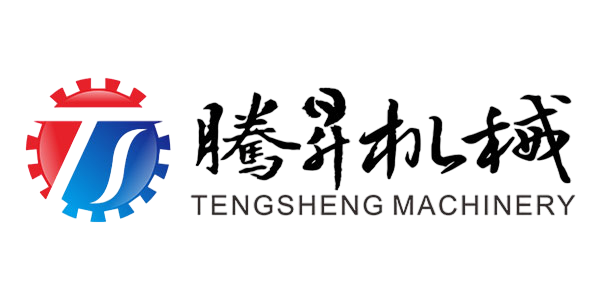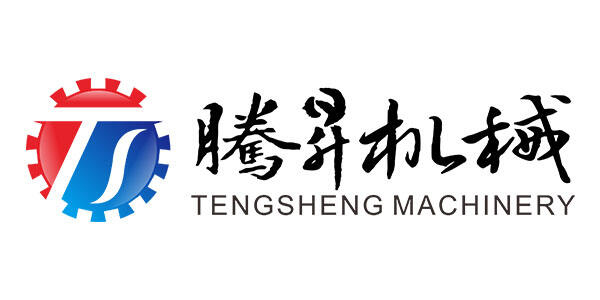Old school ways of drying vegetables like hot air drying or sun drying eat up way too much energy. Most folks know these traditional approaches need a ton of power, driving up running costs for businesses. Research shows that regular dehydration methods can actually use around 50 percent more energy compared to newer technologies out there. The amount of juice these processes suck from the grid is why so many companies are looking for greener alternatives now. And let's face it, most of this old tech still runs on fossil fuels, which makes things worse both financially and environmentally speaking. With energy sources becoming such a big topic in sustainability talks, food processors really need to start moving toward cleaner, more efficient drying methods if they want to stay competitive while cutting down on those pesky carbon footprints.
Traditional dehydration systems come with serious environmental problems mainly because they guzzle so much energy and pump out lots of greenhouse gases. Most of them still run on fossil fuels which makes things even worse for our climate and can drain local resources over time. Looking at various old school systems shows something pretty alarming too they account for about 40% of all emissions in farming operations. That kind of impact really highlights why we need to start moving away from these outdated methods toward greener alternatives. Farmers who upgrade their drying equipment not only cut down on carbon emissions but also save money in the long run while helping protect the planet for future generations.
Solar drying systems represent a fresh way to cut down on energy use when dehydrating vegetables. When farms switch to solar power instead of traditional methods, they save money on running costs and don't depend so much on fossil fuels anymore. Tests show that using sunlight can boost efficiency somewhere around 75 to 80 percent, making it pretty impressive compared to other options. Farmers who've tried this method report better tasting dried veggies and massive reductions in their electricity bills. Many agricultural businesses across the country are now adopting solar drying techniques because they want to be greener while still keeping production costs under control. As climate concerns grow, these sun-powered systems look increasingly attractive for food processors looking to stay competitive without breaking environmental promises.
Vegetable dehydration gets a green boost through biomass powered systems that pull energy right from farm waste. These setups slash both running costs and greenhouse gases, which helps farmers stay sustainable without breaking the bank. What makes them work so well is their ability to turn scraps from other farming activities into fuel, showing just how tightly linked different parts of agriculture really are. Studies show facilities using this method often see around 30% savings on their energy bills, making biomass a real winner for those looking at greener options. Farmers who switch to this system typically find they spend less money overall while still keeping their operations running smoothly with renewable power sources.
Dehydration systems that incorporate heat pumps mark a major step forward in making vegetable processing more energy efficient. By operating at lower temperatures these systems capture and reuse heat throughout the process, which cuts down on overall energy usage. Some facilities report saving between half to three quarters of their previous energy costs when switching to this technology, making it particularly attractive for big scale operations where savings really add up. Research from agricultural institutions shows that heat pumps actually help preserve nutrients better while extending how long dried vegetables stay fresh on shelves. As environmental concerns grow across farming and food production sectors, many suppliers of dehydration equipment now highlight sustainability as a key selling point for their heat pump solutions.
The combination of microwave technology with Radiant Energy Vacuum (REV™) represents something pretty revolutionary for drying vegetables. When using microwaves, we're basically talking about electromagnetic waves that cut down on drying times substantially while keeping those valuable nutrients intact in our veggies. What sets REV apart though is how it brings together microwave power with vacuum conditions, which means better energy savings and higher quality end products. Some early tests show these new approaches can actually cut energy consumption by more than 60% when compared to old school drying methods. That kind of saving hits both the bottom line and fits right into what the whole industry is moving toward these days – greener, more efficient ways to process vegetables commercially. These kinds of advances point clearly to where the future lies for sustainable food production practices across the board.
The way we monitor processes in vegetable processing plants is changing how much energy gets used. When companies install those smart sensors connected through IoT networks, they start seeing exactly where energy goes in real time, especially around those big dehydration units that run all day long. What happens next? Well, operations stay within their best working ranges most of the time, so less power just gets wasted on unnecessary heating cycles. Some studies from food processing associations indicate plants using this tech cut down on electricity bills by nearly a quarter. For anyone running a facility with multiple slicing lines or drying chambers, getting granular data about temperature fluctuations makes all the difference between acceptable and exceptional energy performance.
Putting waste heat recovery into practice at vegetable processing plants can boost energy efficiency quite a bit. The basic idea is simple enough really capturing all that extra heat generated when vegetables get dried out and putting it back into the system instead of letting it go to waste. Some facilities report getting around 60% better energy recovery after installing these systems. Real world examples show companies saving money on their utility bills while also cutting down on carbon emissions from their operations. For many processors, especially those dealing with large volumes of produce, this kind of heat recycling has become almost standard practice rather than some fancy new innovation.
Water recycling systems that operate in a closed loop offer businesses a smart way to cut down on wasted water and save money on energy at the same time when running dehydration processes. These systems keep reusing the water from dehydration instead of letting it go to waste, which means companies don't need as much fresh water coming in all the time. This approach helps protect our limited resources while making operations run better from an energy standpoint too. Some research shows that switching to this kind of system can slash water usage by around 90 percent in certain applications. For vegetable processors specifically, this kind of water conservation isn't just good for the environment it actually makes business sense as well since water costs represent a big chunk of their operational expenses.
Technologies that convert humidity into usable energy represent a fresh way to make better use of resources during vegetable drying processes. These systems tap into the latent energy found in moisture levels, acting as an extra power source for food processing facilities. The result? More reliable operations and improved efficiency across the board. Some early tests with this technology have already cut energy costs by around 15%, which is quite impressive considering traditional methods rely heavily on external power sources. For industries looking to cut down on their carbon footprint while maintaining production quality, this kind of innovation offers real promise. As more companies experiment with these approaches, we might see significant changes in how energy gets used throughout the entire dehydration industry.


Copyright © 2024 Zhaoqing Tengsheng Machinery Co., Ltd all rights reserved - Privacy policy